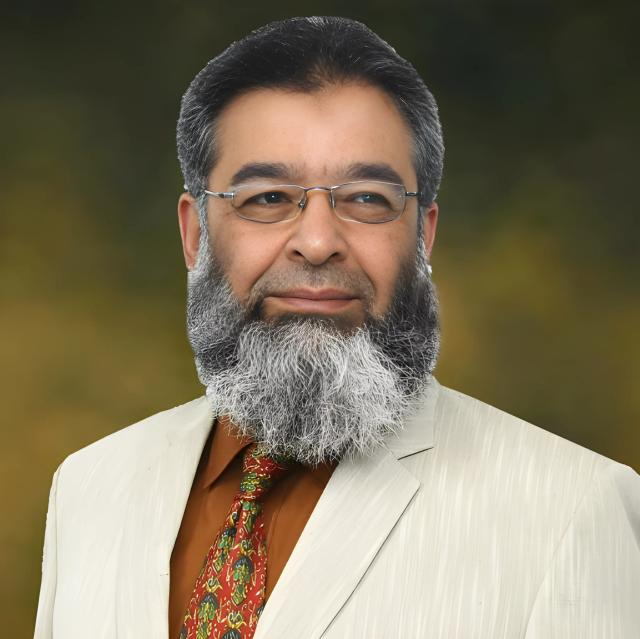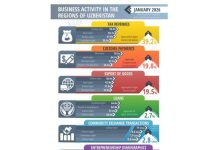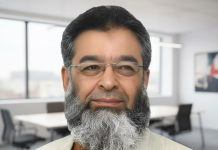by Muhammad Mohsin Iqbal
When the crescent and star flag of Pakistan was first raised in 1947, among the earliest nations to embrace the new state was the Kingdom of Saudi Arabia. Bound by faith, geography, and destiny, the two countries wove a relationship that was never merely diplomatic, but fraternal—rooted in Islam and nurtured by trust. From the first days of Quaid-e-Azam Muhammad Ali Jinnah to the present premiership of Shehbaz Sharif, the ties have weathered storms, celebrated triumphs, and stood resilient as a beacon of Muslim solidarity.
In the annals of this relationship, the role of King Faisal bin Abdulaziz al Saud shines with particular radiance. It was under his patronage, alongside Prime Minister Zulfiqar Ali Bhutto, that the second Islamic Summit Conference was held in Lahore in 22-24 February 1974. The gathering of Muslim leaders from across the world, hosted with grandeur by Pakistan, marked a turning point in Islamic unity. King Faisal’s stirring address in Lahore called upon the Muslim world to rise above division and reclaim dignity through collective strength. His vision became a cornerstone of Pakistan–Saudi friendship, and his memory endures in Islamabad through the Shah Faisal Mosque, whose construction was a gift of Saudi Arabia and remains one of the largest mosques in the world, a symbol of faith and fraternity.
That trust between Saudi Arabia and Pakistan was further enhanced in November 1979, when extremists seized the Grand Mosque in Makkah. At Riyadh’s request, Pakistan dispatched commandos who joined Saudi forces in the delicate and dangerous operation to liberate the holiest mosque of Islam. The courage of Pakistani soldiers cemented the Kingdom’s confidence that Pakistan stood as guardian not only of its own borders, but of the spiritual heart of the Muslim world.
The partnership grew deeper during General Muhammad Zia-ul-Haq’s era. In 1982, a protocol agreement established the Saudi-Pakistan Armed Forces Organization and authorized the large-scale deployment of Pakistani forces in Saudi Arabia. At its peak, more than 20,000 Pakistani troops, including divisions and brigades, were stationed in sensitive regions such as Tabuk and the Eastern Province, performing both training and operational roles, while also reassuring Saudi Arabia against any threats.
Economically too, Saudi Arabia proved a steadfast benefactor in Pakistan’s hours of need. From 1970s to more recent crises, Riyadh extended generous facilities, often deferring payments or granting oil on favorable terms. During the balance-of-payment crises of the 1990s and again in the 2010s, Saudi Arabia’s loans and oil concessions helped Pakistan avoid collapse. Following the devastating 2005 earthquake, Saudi aid flowed generously, funding rehabilitation projects and shelters. Again, when floods submerged Pakistan in 2010 and in later years, Saudi relief agencies were among the first to arrive, sending medicines, tents, food supplies, and financial assistance.
The bond was personal as well as political. When Prime Minister Nawaz Sharif and his family faced exile after the events of 12 October 1999, it was Saudi Arabia that extended sanctuary. The Sharif family resided at Saroor Palace in Jeddah, hosted with royal courtesy. This gesture of brotherhood went beyond diplomacy—it was family extending refuge to family.
The Kingdom has also invested in Pakistan’s development. Saudi capital has supported refineries, petrochemical ventures, and infrastructure projects. The Pak-Saudi Oil Refinery project, agreements in Gwadar, and various energy sector investments are testament to a relationship that is not merely sentimental but strategic.
On the security front, ties reached a new dimension in 2015 when Pakistan’s former Chief of Army Staff, General Raheel Sharif, was appointed Commander-in-Chief of the Islamic Military Counter Terrorism Coalition based in Riyadh. The coalition, comprising over forty Muslim nations, symbolized Saudi recognition of Pakistan’s military professionalism and leadership in defending the Muslim world against extremism.
The present era has seen the friendship elevated further. In June 2024 and again in early 2025, Prime Minister Shehbaz Sharif and Army Chief, Field Marshal General Asim Munir, worked closely with Crown Prince Mohammed bin Salman to forge new agreements. The Strategic Mutual Defence Agreement between Pakistan and Saudi Arabia was signed on September 17, 2025, in Riyadh. This pact formalizes a long-standing security partnership and includes a key clause stating that “any aggression against either country shall be considered an aggression against both”. This agreement represents continuity of the pledge first made in Zia’s time for the protection of Harmain Sharifain, but with broader scope for regional stability.
The friendship between Pakistan and Saudi Arabia has endured over seventy-five years, marked by shared prayers at Makkah and Madinah, common stands in international forums, and unwavering assistance in calamities. It is a relationship sanctified by faith, fortified by trust, and dignified by sacrifice. From King Faisal’s immortal presence in Lahore in 1974 to Prince Mohammed bin Salman’s vision of modern partnership, from the construction of Shah Faisal Mosque to the signing of the 2025 mutual security pact, the two nations have walked together through history.
As Pakistan continues to navigate challenges of economy and security, and as Saudi Arabia pursues its ambitious Vision 2030, their destinies remain intertwined. In the corridors of Islamabad and Riyadh alike, the conviction endures: Pakistan and Saudi Arabia are not merely allies, but brothers bound by the eternal covenant of Islam, standing shoulder to shoulder today as they did in 1947, and as they shall tomorrow in the unfolding chapters of Muslim unity.

















